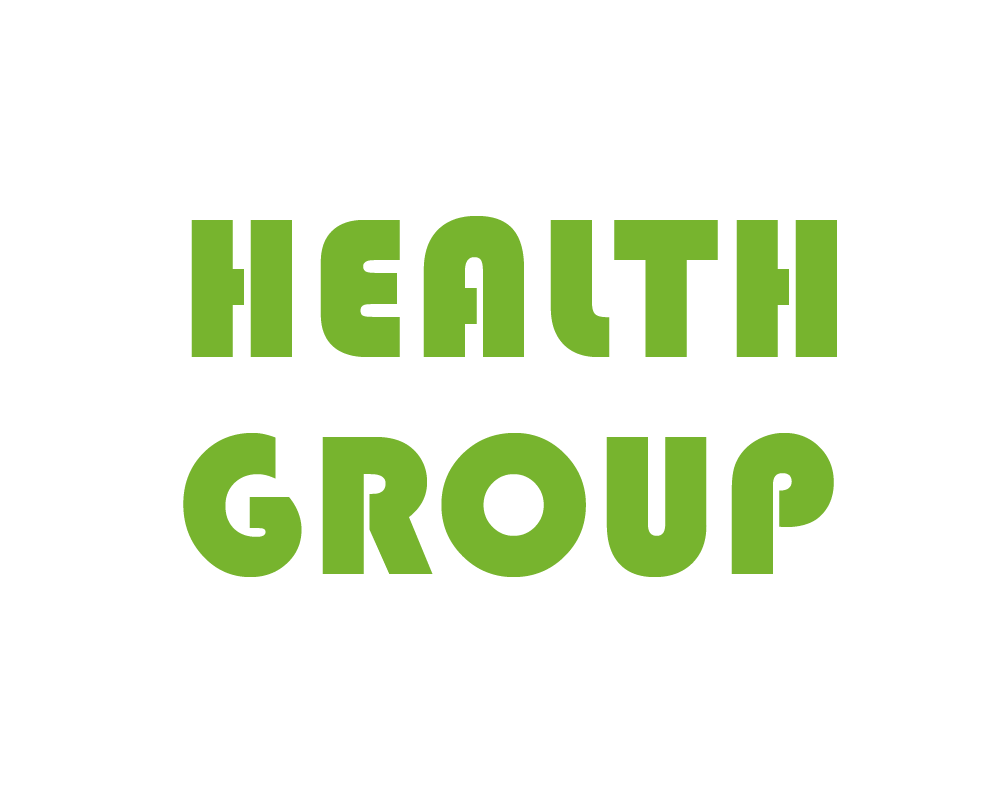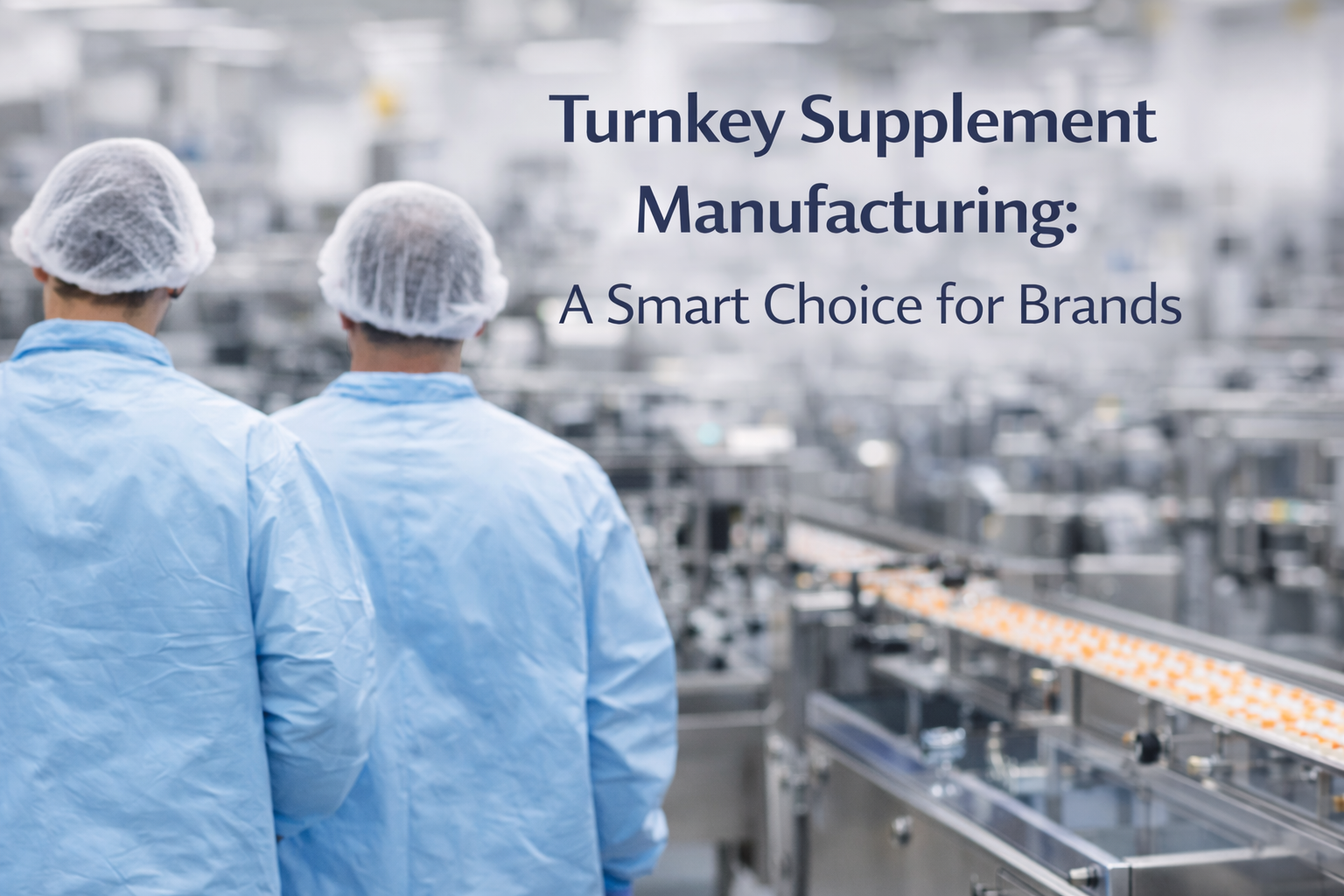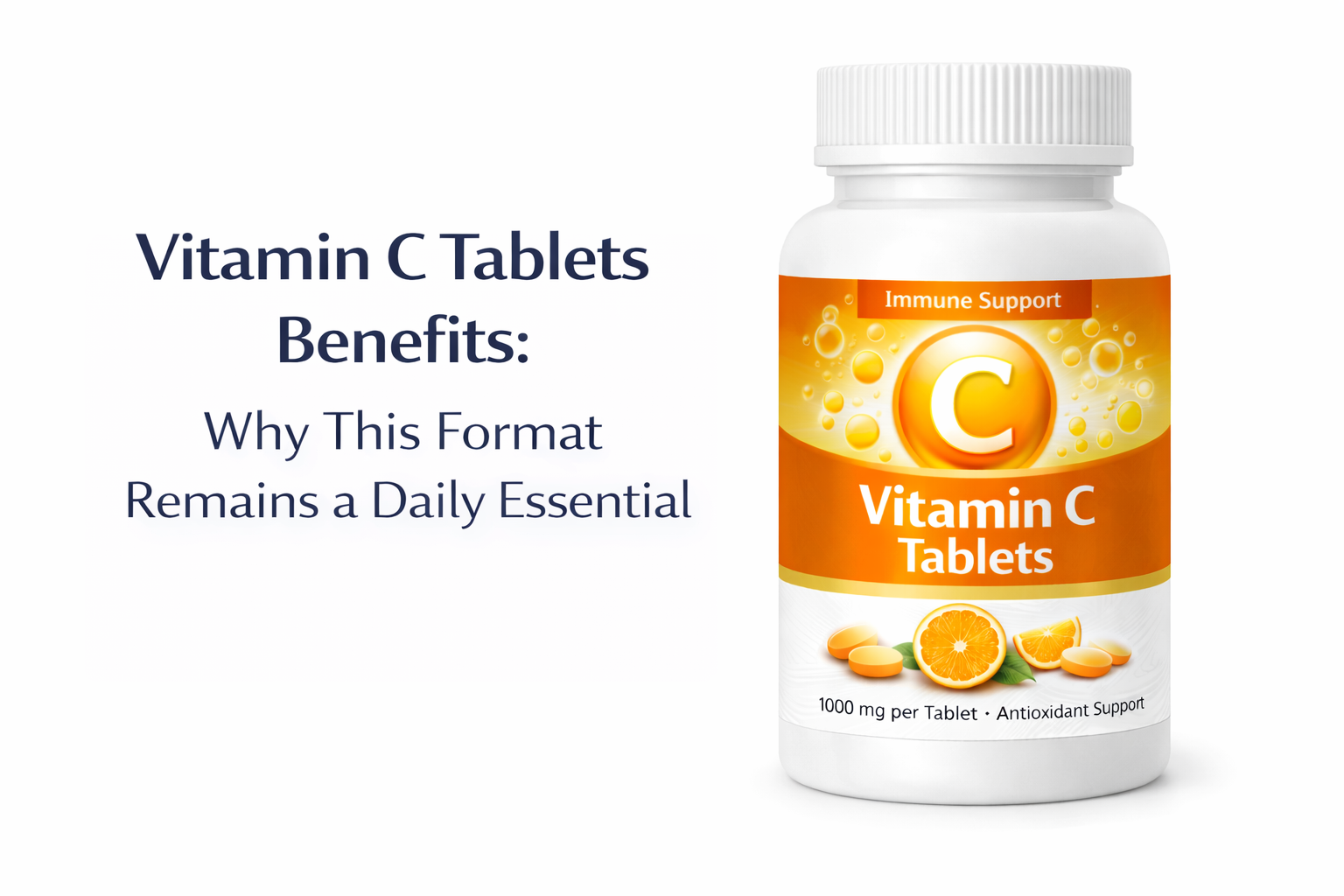
Starting a supplement brand today means keeping up with new consumer demands. One of the most significant trends? Vegan supplements. But as a startup or procurement manager, you may worry about the cost. You might ask: is making vegan supplements really more expensive than standard ones? What are you paying extra for?
The concern is real. Many people assume vegan ingredients are harder to source, pricier, and more difficult to formulate. That creates hesitation—especially for new brands with tight budgets.
But here’s the truth: vegan supplement manufacturing does come with different costs, but those costs also reflect higher quality, a broader audience, and better branding potential.
In this blog, you’ll get a clear answer to the title question, explore what drives the costs in vegan supplement production, and learn how to choose the right path for your brand.
Yes, vegan supplement manufacturing is generally more expensive than standard production. The reasons include higher raw material costs, stricter ingredient sourcing, and added formulation complexity. For example, replacing gelatin with plant-based alternatives like pectin or agar can increase production costs. In addition, vegan supplements often require third-party certifications like Vegan, Non-GMO, and Organic, which involve fees and stricter audits. However, these added costs bring value. They help you target a growing market of conscious consumers who are willing to pay more for clean-label products.
So yes, vegan supplement manufacturing can be more costly—but it can also mean greater value for your brand. Let’s break it down and help you decide if it’s worth the investment.
1. What Makes a Supplement Vegan?
Before deciding if vegan supplements are more expensive, you need to understand what makes a supplement vegan. It’s more than just removing animal-based ingredients. A supplement is only vegan if every part—active ingredients, capsules, binders, colors, and flavors—is made from plant-based or synthetic sources without animal testing.
Vegan supplements contain no animal-derived ingredients and are not tested on animals. Every part of the formula—from capsule shells to flavorings—must be plant-based or synthetic.
Key Elements in a Vegan Supplement
| Component | Vegan Alternative |
| Capsule Shell | HPMC (Hydroxypropyl Methylcellulose) |
| Gelatin | Pectin, Agar |
| Omega-3 | Algae Oil |
| Coloring Agents | Beet Juice, Turmeric |
| Flavorings | Natural fruit extracts |
Many animal-derived additives are used in standard supplements. Avoiding these requires strict control over sourcing and formulation.
* Every component of a vegan supplement must be free of animal-derived material.
* Even excipients like anti-caking agents must meet vegan standards.
2. Why Are Vegan Ingredients More Expensive?
Most vegan-friendly ingredients come with a higher price tag. It’s not because they’re more exotic—but because of how they’re made, certified, and limited in supply. Plant-based alternatives often require additional processing to match the functional properties of animal-based materials.
Vegan ingredients cost more due to processing, limited supply, and certification. Substituting gelatin or whey increases costs.
Cost Drivers for Vegan Raw Materials
| Ingredient | Vegan Version | Cost Increase Estimate |
| Gelatin | Pectin | +20–30% |
| Whey Protein | Pea/Rice Protein | +10–20% |
| Omega-3 (Fish Oil) | Algae Oil | +30–40% |
Vegan ingredients are also more likely to require certification like Organic or Non-GMO, increasing cost.
* Vegan alternatives often require extra steps for stability and texture.
* Lower global supply and fewer producers drive up raw material prices.
3. Are Manufacturing Processes Different for Vegan Supplements?
Manufacturing vegan supplements requires careful control of cross-contamination, especially if a facility handles non-vegan items. Separate equipment, cleaning procedures, and ingredient storage may be necessary.
Yes, vegan supplements require stricter handling. Facilities must prevent cross-contamination with non-vegan materials.
Changes in Vegan Production
- Dedicated mixing tanks and capsule filling machines
- Special cleaning protocols
- Ingredient quarantine and labeling
All of this adds time and cost.
* Vegan lines often need separate equipment or deep cleaning between runs.
* Compliance requires additional training and documentation.
4. How Do Certifications Impact Cost?
Certifications are often required to legally claim a product is vegan. While they build trust, they also come with audits, application fees, and product testing.
Certifications like Vegan, USDA Organic, and Non-GMO Project Verified raise costs due to audits and paperwork.
Common Certifications
| Certification | Avg. Cost (USD) | Required For |
| Certified Vegan | $500–$2,000/year | Product Labeling |
| USDA Organic | $1,000–$2,500/year | Organic Vegan Claims |
| Non-GMO Verified | $1,000+ | Clean-Label Markets |
* Third-party verification increases trust but also budget requirements.
* Certification delays can impact your launch schedule.
5. Is the Higher Cost Justified by Market Demand?
Despite higher production costs, vegan supplements continue to grow in demand. Consumers are shifting toward plant-based options for ethical, environmental, and health reasons.
Yes, the vegan supplement market is growing. Shoppers will pay more for plant-based, clean-label options.
Market Value of Vegan Supplements
- Global vegan supplement market expected to exceed $13B by 2028
- Consumers willing to pay 20–30% more
- Strong demand from millennials, Gen Z, and athletes
* Higher cost aligns with higher margins in niche markets.
* Investing in vegan lines may improve brand positioning.
6. Can You Manufacture Vegan Supplements at a Competitive Price?
Yes, with the right manufacturer, it’s possible to control costs. The key is to use stock vegan formulas, order smart, and simplify packaging.
Partnering with a vegan-friendly CDMO and using efficient sourcing can lower your costs.
Cost-Saving Tips
- Choose stock vegan formulas with tested ingredients
- Work with CDMOs that already have vegan certifications
- Order in bulk when testing is done
- Use standard packaging instead of custom
* Cost savings come from choosing experienced manufacturers.
* Bulk planning and reduced SKUs help control spending.
Conclusion
Vegan supplement manufacturing is more expensive in most cases. But the costs reflect quality, care, and rising market value. When managed well, it can bring great returns. From sourcing to certification, each step adds both cost and credibility. For growing brands that care about long-term positioning, the value often outweighs the price.
Bring Your Vegan Supplement Idea to Life—Affordably
At Health Biotech, we help you create high-quality vegan supplements without the usual complexity. Our factory is certified for GMP, ISO, and HACCP, and we specialize in vegan gummies, capsules, and powders. We offer:
- Stock vegan formulas to reduce cost
- Custom flavor and packaging options
- Low MOQs starting at 500 units
- Fast delivery and expert labeling support
Let us handle the details while you focus on building your brand. Contact us today to request a free quote or sample.


